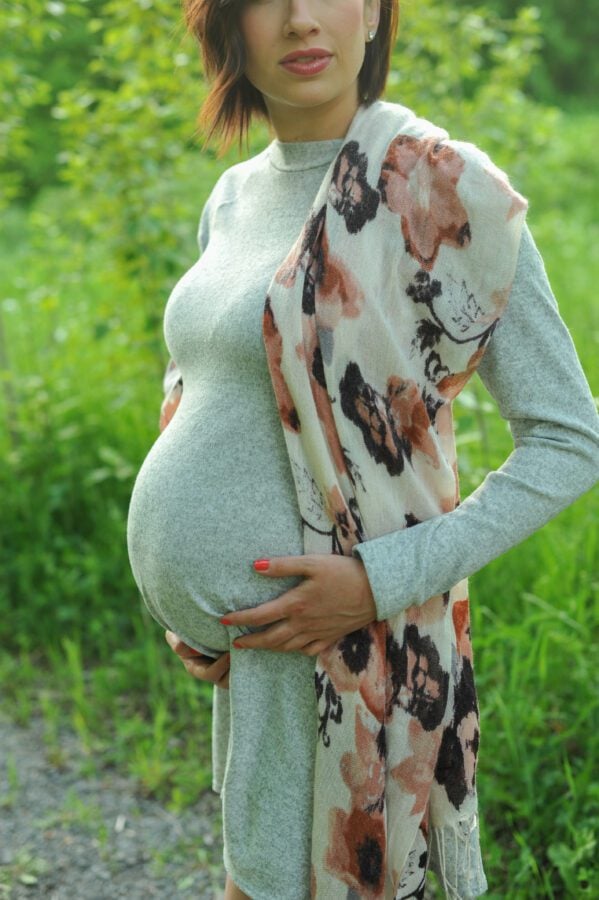Suggestions for urine incontinence and pregnant women:
- Take courses about reinforcement and control exercises for vaginal, rectal and abdominal muscles, such as Kegel exercise. Learn how to contract and then relax these muscles properly;
- Takes courses about softening the pelvic floor to prevent tearing during childbirth which will weaken the muscle:

- Get appropriate treatments for stress or urge urine incontinence if the symptoms are present;
- Avoid traditional abdominal exercises during the prenatal and postnatal periods (ex.: sit-ups, which increase pressure on the pelvis). Choose abdominal exercises that target stabilisation and proper posture;
- Avoid impact exercises, such as jumping, jogging, running and aerobics, especially if you have never done them. Even if you trained before pregnancy, these exercises should be avoided during the last trimester, given the baby’s increased weight. The relaxation of the pelvic floor ligaments and muscles limit their normal function. Even if jogging can’t harm the baby, the impact of this exercise can, over time, impact your continence (ability to hold in urine;
- Prevent constipation to avoid pushing on the structures and overworking muscles;
- Choose breathing out and perineal abdominal exercises using straight and elongated postures, as suggested by many authors (more in line with the natural functioning of structures, avoids counter-pressures);
- Choose yoga, swimming, fast walking (based on your own pace);
- It’s better to rest during the first two months after childbirth.
A new mother has just gone through severe stretching of her structures, weakening of the perineum muscle and an increase in the vaginal opening, making her more vulnerable to urine incontinence during the postnatal period. Local swelling, healing of wounds, and surplus liquids in her vascular system will not help her incontinence symptoms.
Suggestions for new mothers:
- Restart perineal exercises after childbirth, even if there was tearing and stitches;
- No traditional abdominal exercises, such as sit-ups. Recommendations call for stabilisation and posture exercises, on a yoga ball, which is more conclusively beneficial for new mothers;
- No impact activities before 6 months, and sometimes longer for some women depending on their symptoms caused by more significant weakening. If you want to start earlier, you should have your capacities and strength checked before…and if you were active during pregnancy, you may get a pleasant surprise!
- Avoid constipation. Make sure you push as little as possible, and increase your consumption of fibres and liquids, especially if you are breastfeeding;
- Consult a physiotherapist specialising in perineal rehabilitation if you have urine incontinence symptoms, pain during sex or bumps in the vaginal area (these can be signs of organ descent) or if you have difficulty contracting. You should also consult if you have a painful scar, fecal incontinence or problems withholding gas, if forceps were used during delivery, if you pushed during childbirth for more than 90 minutes or less than 30 if there was 2nd degree or higher tearing. You should no longer have symptoms after 2-3 months following delivery. Prevention is the best option during pregnancy and after childbirth, so talk to your doctor!
Emotional aspect:
The symptoms you have when pregnant or after childbirth are widespread, but unfortunately, people often hesitate about talking to their doctor, nurse or other people about them. There are solutions out there, and perineal physiotherapy can help and guide you towards optimal recovery.
The consequences of living with this problem are enormous. These types of issues (organ descent, sexual pain, vaginal loosening and fecal incontinence) affect many aspects of a woman’s life. Self-esteem, participation in sexual, sport or social activities can often be affected. But you aren’t alone. Talk about it, as you can get help!
We hope this information can guide you towards wellbeing, and help prevent complications associated with urine incontinence.
Marie Fortier
The Baby Expert


